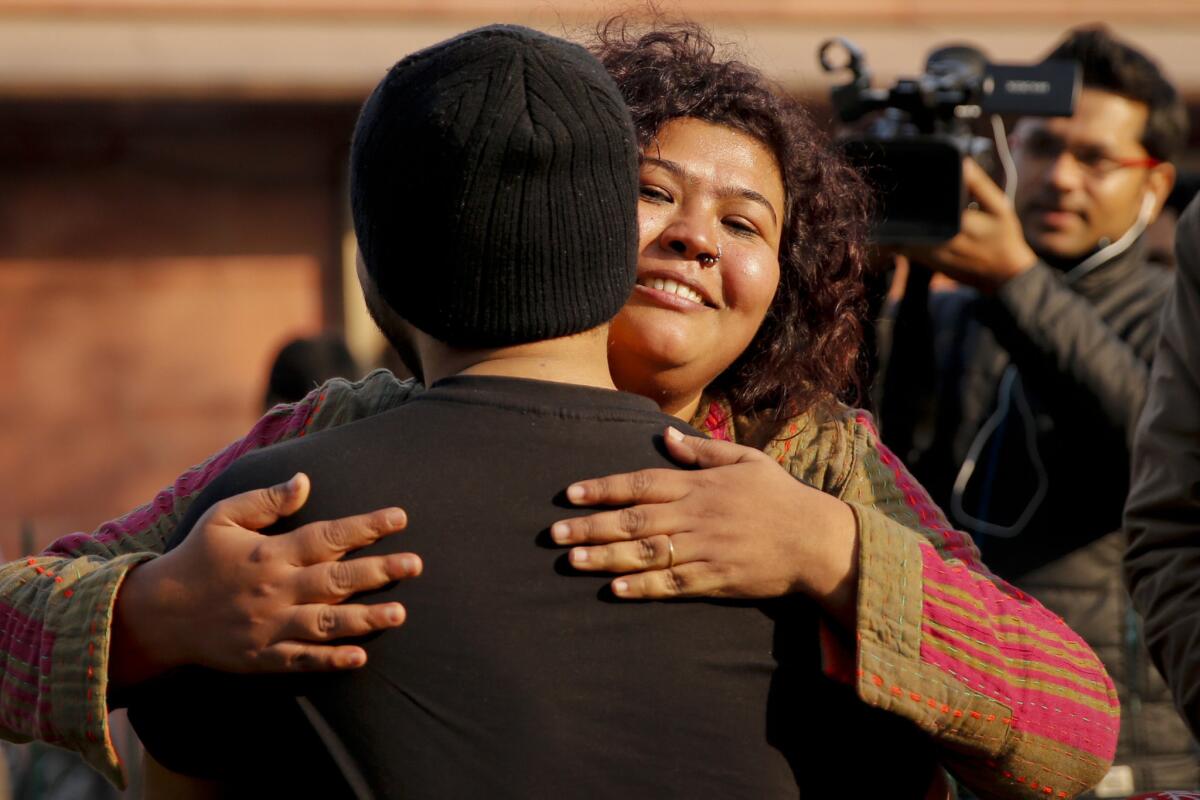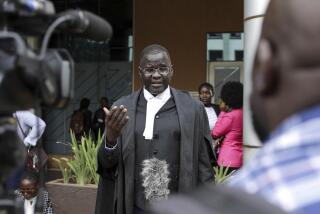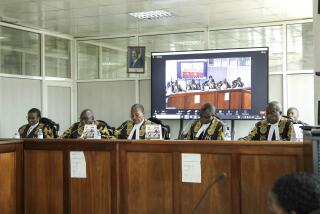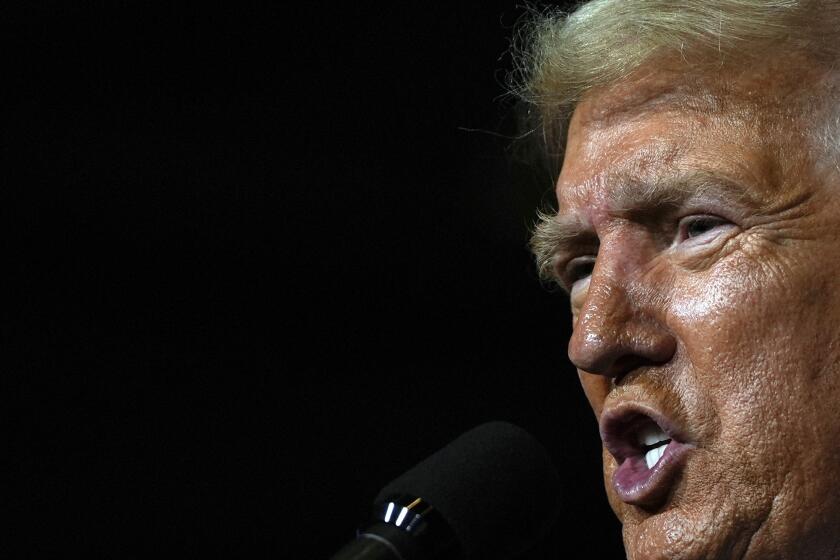India’s Supreme Court says it will reexamine gay-sex ban

Gay rights supporters celebrate outside the Supreme Court after India’s top court agreed to re-examine a colonial-era law that criminalizes homosexual acts in New Delhi, India, Tuesday, Feb. 2, 2016.
reporting from Mumbai, India — India’s Supreme Court said Tuesday that it would reexamine its decision criminalizing gay sex, giving hope to activists who have called the law a violation of fundamental rights.
The high court said it would constitute a five-judge panel to hear an appeal by advocacy groups challenging the 2013 decision that criminalized same-sex relations between consenting adults.
That controversial decision reinstated Section 377 of the Indian Penal Code, which outlaws sexual intercourse “against the order of nature.”
Activists cheered the decision, which appeared to signal that the court was willing to hear arguments that it had erred in its judgment.
NEWSLETTER: Get the day’s top headlines from Times Editor Davan Maharaj >>
“It seems to indicate they’re ready to hear the matter, which is good,” said lawyer Anand Grover, who has challenged Section 377 in court.
Activists say that while the law has not led to Indians being prosecuted for same-sex relations, it has caused many homosexuals to live in fear and exposed them to extortion and threats.
Though there is growing support in India for the law to be changed, including from top levels of the governing Bharatiya Janata Party, church groups and the All India Muslim Personal Law Board told the Supreme Court jurists that they were decriminalizing homosexuality.
MORE: Get our best stories in your Facebook feed >>
Legal experts say the five-judge panel hearing the activists’ so-called curative petition -- a mechanism by which the Supreme Court can reverse a decision it deems to have been a mistake -- can only decide to overturn the decision on narrow legal grounds. Only three such petitions have led to a high court ruling being overturned, experts said.
The court did not say when the five-judge panel would be appointed.
Follow @SBengali on Twitter for more news from South Asia
ALSO
Threatened by the Taliban, some schools in Pakistan close -- others arm teachers and build walls
Suspect in Arcadia double homicide denied bail in Hong Kong
Detention of three journalists sparks backlash in China
More to Read
Sign up for Essential California
The most important California stories and recommendations in your inbox every morning.
You may occasionally receive promotional content from the Los Angeles Times.










